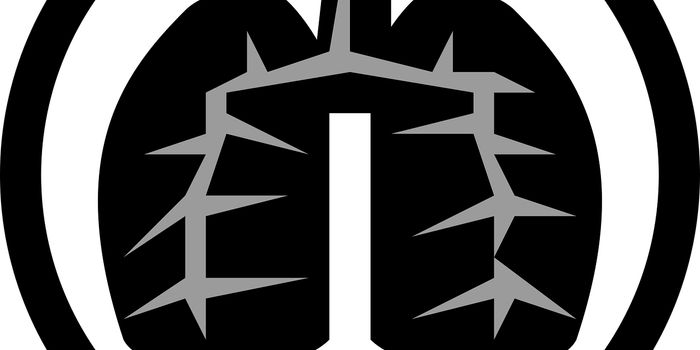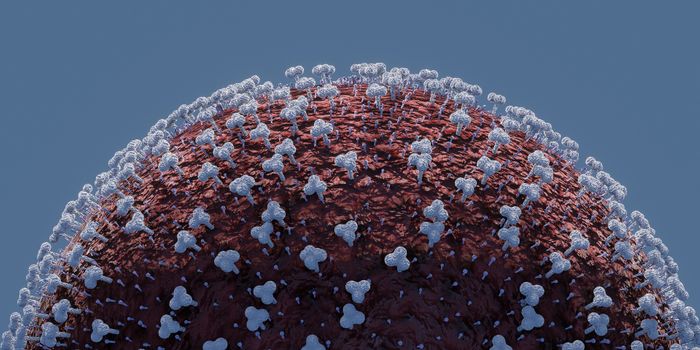Prostate cancer represents a huge health risk for half the world’s population, as it is the most common form of cancer in men. Despite anticancer treatments, some forms of prostate cancer acquire drug resistance and metastasize. For men with these types of aggressive prostate cancers, scientists found that
indirect targeting the networks that feed cancer could be new viable option, especially when all other standard treatments have failed.
The estimated number of new prostate cancer cases for 2016 exceeds 180,000 men. Current treatments for the disease are confined to the affected prostate tissue, commonly involving radiation and chemotherapy aimed at the cancer cells in the prostate, or surgical removal of the prostate itself. These standard options are effective for the most part; however, some men develop prostate cancers that no longer respond to treatment. Usually these aggressive forms of prostate cancer are associated with production of abnormal androgen receptors that allow tumor cells to evade hormone therapy.
Using a new class of drug called Hsp90 inhibitors, a team from the Institute of Cancer Research (ICR) in the United Kingdom found that drug-resistant prostate cancer was destabilized in a mouse model. Hsp90 is a well-known chaperone protein that helps other proteins to fold properly and be stabilized. Inhibitors of this protein have been under scrutiny for anti-cancer potential.
In mouse studies, the team found Hsp90 inhibitors worked by targeting many facets of cancer indirectly. The drug destabilized many proteins that prostate cancer cells require for survival. Furthermore, Hsp90 inhibition also blocked cancer cells from making abnormal forms of the male androgen receptor, which is continuously turned “on” and promotes tumor growth and spread. With the inhibition by the drug, cancer cells are now vulnerable to hormone therapies.
“We call Hsp90 inhibitors ‘network drugs’ because they tackle several of the signals that are hijacked in cancer all at once, across a network rather than just a single signalling pathway. These drugs can hit cancer harder than those targeting only one protein and look promising for preventing or overcoming drug resistance,” said Paul Workman, co-leader of the study, and Chief Executive of the ICR.
The team found that Hsp90 inhibition was effective against AR-V7, which is the most common androgen receptor variant associated with drug-resistant prostate cancer. “It’s an exciting discovery which adds a string to the bow of these cancer drugs, and means they could work against prostate cancers that have otherwise stopped responding to treatment,” said Workman.
Because the drugs that inhibit Hsp90 are already in clinical trials for other types of cancer, the team hopes the clinical phase for prostate cancer patients will happen swiftly. If successful in clinical trials, this new class of drug could offer a new line of therapy for prostate cancer patients who have otherwise run out of treatment options.
Additional source:
Institute of Cancer Research,
MNT









